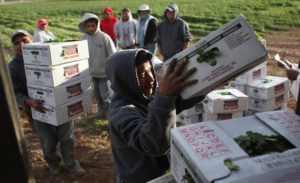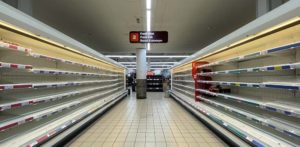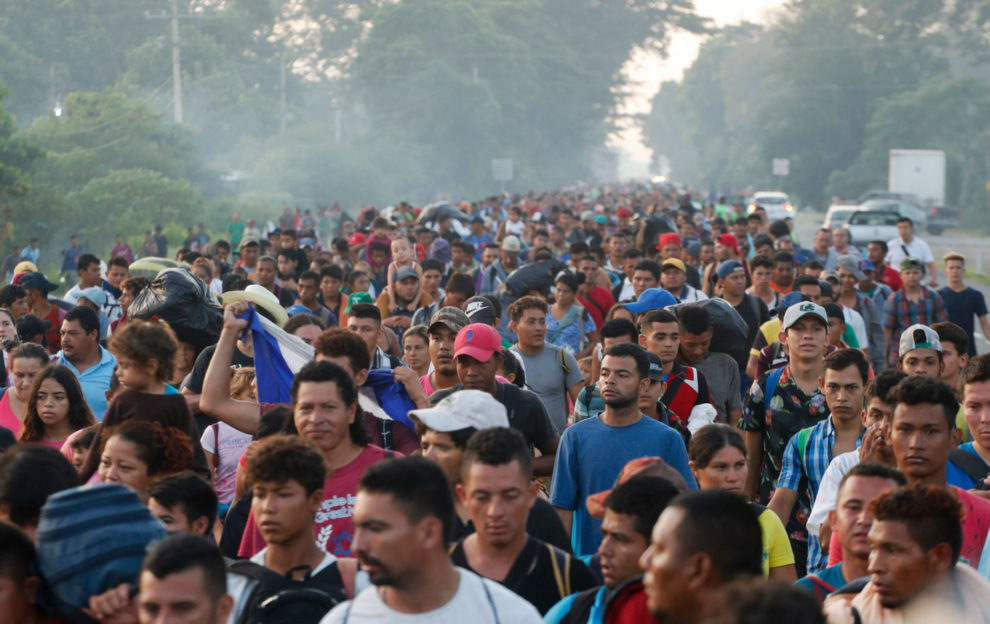It is a sad reality. As data becomes more available, we are discovering that certain races and ethnicities seem to be favored victims of COVID-19. Black and Latino populations are significantly overrepresented among the dead.
In New York, Michigan, Connecticut and New Jersey, more than 1 in 1,000 Black residents have died of COVID-19. In New York City itself, the rate is 2.5 out of 1000. When it comes to Latino residents in In New York, more than 1 in 1,000 lives have also been claimed by the virus. In New York City, where the rate is 1.8 deaths for each 1,000 Latinos, we are seeing a true crisis within the community.
Vulnerable Communities
So, are Latinos and Blacks more vulnerable to COVID 19 infection and complications? The data seems to say, yes. But why? Is it a specific racial or ethnic vulnerability? Or some specific genetic component, or flaw in our DNA? Most likely, it is none of those things. The culprit is something more insidious. It is the reality that certain communities are at risk simply due to their socioeconomic status.
It has been known for millennia that the most vulnerable individuals during epidemics and pandemics are the poor. The groups of people with social circumstances that lead to unhealthy lifestyle habits and limited or no access to health services always bear the brunt of health-related emergencies. Many Latino communities fall under this reality as do Black and Asian populations as well.

Socially, our Latino and Black populations are more vulnerable to a multitude of health issues including: overcrowded living situations, limited access to health services, poor quality food, high incidence of Diabetes and Hypertension, excessive drinking and smoking, working long hours, limited sleep, high stress, and other circumstances resulting from psychosocial neglect.
Adding to this is the uncertainty of a neglectful political environment that tends to marginalize and criminalize undocumented workers and low-income earners. The likelihood of these people obtaining preventive or early illness medical services is severely limited. This puts these populations at a much higher risk of contracting a disease such as COVID-19.
Undocumented Workers
Undocumented workers, in particular, suffer from many of the social ills of poverty. Since many of them are here to support their families in other countries with significantly worse living conditions than here, they often become victims of unscrupulous business owners. They become easy prey to those who wish to save money on production costs and labor.
These hard-working individuals are often seen as “perfect slaves.” They work hard for significantly less money and are seen as easily replaceable. They are forced also live and work in a netherworld of uncertainty, stuck between an employer’s nefarious desires and the threat of the authorities coming to take them away.
When no longer needed, they are easily discarded, victims of this form of work exploitation. They receive no severance, no services, no support. Thus, they are particularly vulnerable.
However, during this pandemic they are, in reality, the most essential of all workers.

Why has toilet paper gone from supermarket shelves and your produce hasn’t? Because these workers are still in the fields, professing plants and factories working while many of us are sheltering at home. Once again exploited for their expendability, they work to keep our economy moving and to keep us fed.
It is not just the work environment that is a hazard. Overcrowded living conditions and lack of regular health services makes these people vulnerable to sicknesses and infections such as COVID-19.
Yes, one must wash our hands, not touch one’s face, wear a mask, maintain a healthy distance, stay home and wait. But how is that possible with fifteen people in a one-bedroom apartment, with one bathroom, and you have to work, or you do not eat?
The Economy
Some States have allocated resources to help this population during the pandemic. However, those States like California, are the exception and not the rule.
In the US we eventually do the right thing. However, it is often done for the wrong reasons. The US economy cannot function without the “perfect slaves.” Many Latinos, mainly poor and undocumented, will die during the pandemic in support of this country, our populace and the economy.
Their sacrifices should not be forgotten. However, they more than likely will be as the nation conquers the virus and accompanying disease. When things return to “normal” we will once again turn a blind eye these essential workers. They will go back to the farms and meat packing plants, will continue to be used, abused and discarded.
Few will ask “why did this happen to our poor people?” before we return to our life of comfort and plenty.
The answer for our society will not come from a vaccine or medication. It is not about ventilators or PPE. The answer will come from a better understanding of poverty as a driver of social ills that, in the end, affect us all. If the most vulnerable in our society, on whom we very much rely, continue to be the worst hit, then we are all vulnerable.

In the long run, a decrease in poverty and accompanying implementation of preventive health services, nutrition counseling and the elimination of virtual slavery via a functional wage as well as decreasing homelessness will be the best antidote against any pandemic – present or future.
We can do the right thing, even if we do it for selfish reasons. The virus is a circumstance that forces us to see our vulnerabilities (excessive poverty, overcrowding, lack of health services and health habits) that will kill many Latino and Black men and women. Allowing these populations to suffer greatly increases the risk to us all.
COVID-19 is contractable by all human beings regardless of race.
The current and future pandemics, pose an existential threat to all of us. It would behoove us to support those who keep our lives and economy going at great personal risk to themselves. We are in this together, as a species, not just as disparate groups with differing skin tones.
I challenge all to stop asking, “why?” and to start asking how each of us can help. When COVID-19 leaves us, let us not lose the lesson in humanity, cooperation and shared risk. Let us do all that we can so that a second, third or even tenth pandemic may pass with less disruption and death. Let this experience bring us together as a nation, a people and as a species.
Get Columns Like This In Your Inbox
To receive weekly updates like this in your inbox, subscribe to The Daily Chela newsletter here.












